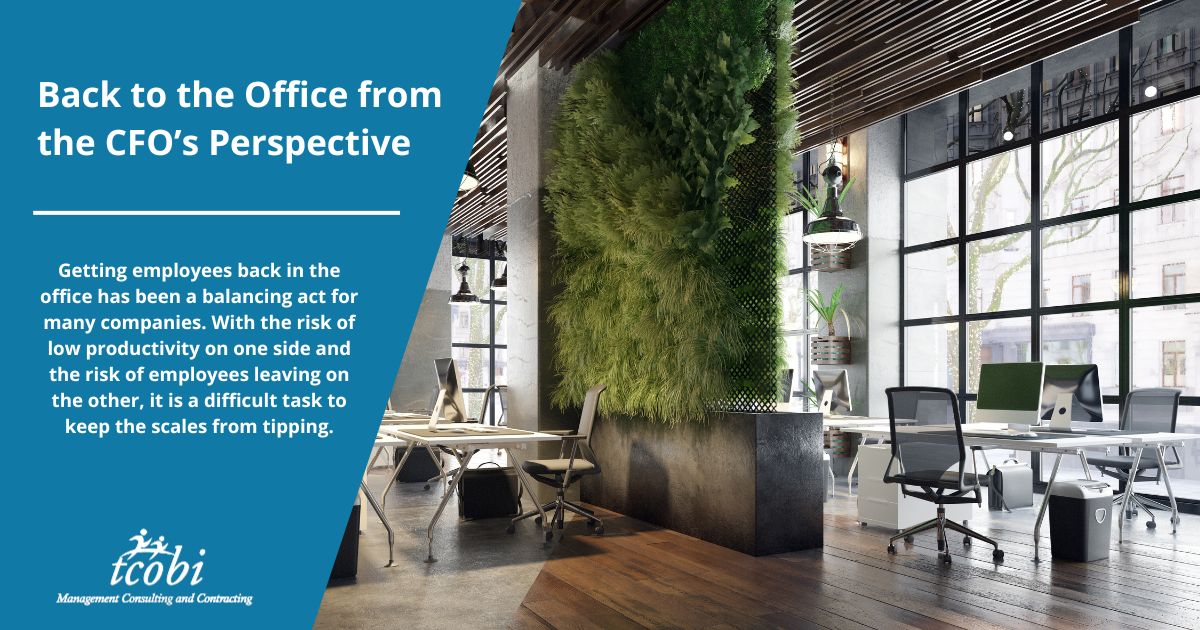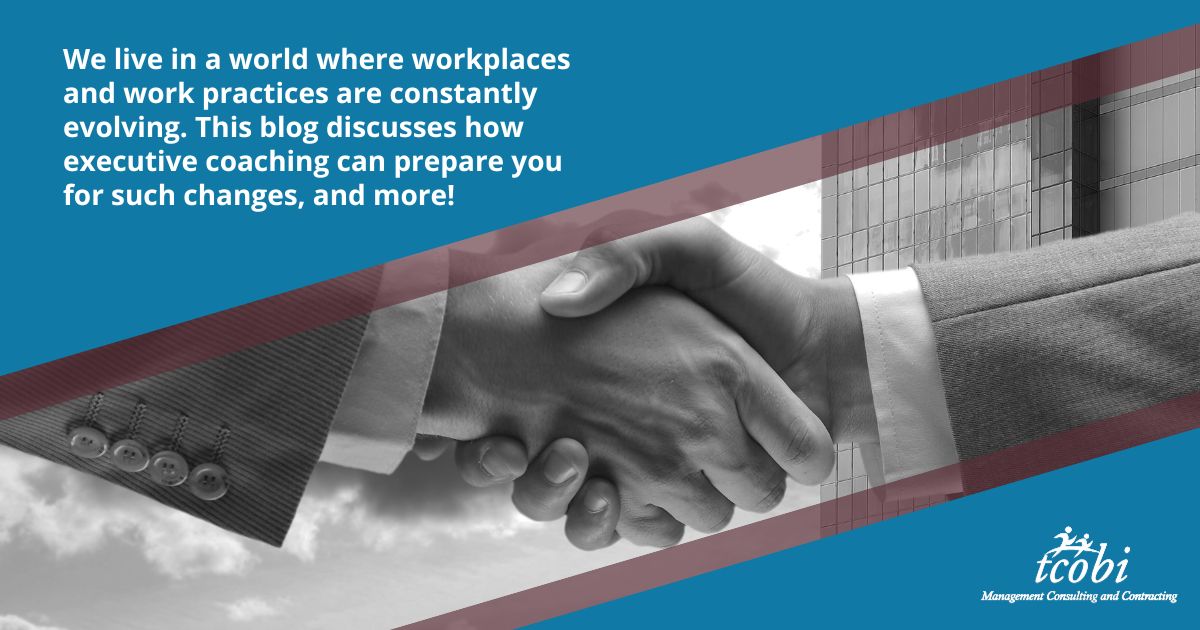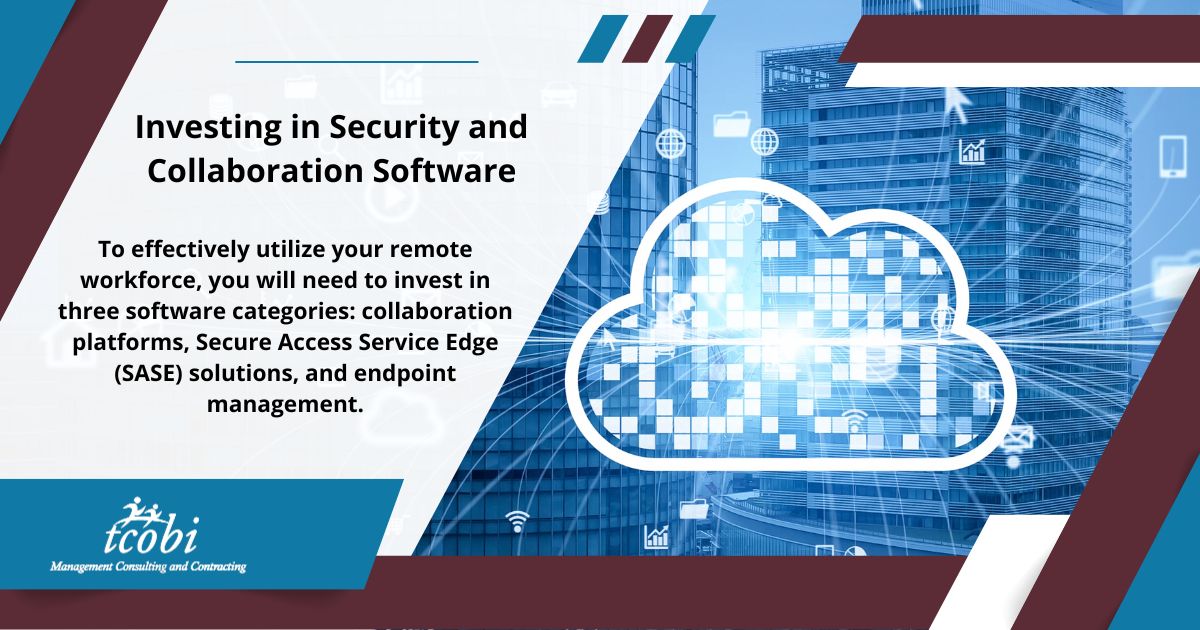Those in leadership and executive positions are always there when those…

Back to the Office from the CFO’s Perspective
Getting employees back in the office has been a balancing act for many companies. With the risk of low productivity on one side and the risk of employees leaving on the other, it is a difficult task to keep the scales from tipping. While some companies have chosen to remain fully remote, others have incited mandates to get employees back to work, and still others have opted for a hybrid option. This blog dives into some of the considerations and expectations that go into such a decision from the perspective of the CFO.
Employee Morale and Productivity
Executives’ worries about corporate culture and employee productivity have dictated return-to-office mandates. While companies have been pushing to get employees back into their sparsely populated workplaces, it is essential to consider employee data and opinions for this to have the desired effect. The flexibility of remote work has alleviated many of long commutes or finding childcare, and employees are reluctant to give this up. An employee who does not want to be in the office is not going to improve employee morale and office culture. Although getting everyone back to face-to-face interactions has been long awaited and is welcomed by some, it is the opposite for many others. This is a fine line to walk when trying to get employees back to the office.
There is also the concern of productivity. Many business leaders believe the shift to hybrid work has made it harder to have confidence that employees are being productive. Returning to the office brings a level of control and monitoring back to executives, but at what cost? Many employees are ready to jump ship if their companies decide to pull the plug on flexible work schedules, and companies that mandated office returns witnessed a higher level of employee attrition than they had anticipated. Unless employee morale and productivity can be directly linked to being in the office, it may be a safer bet to consider a more flexible hybrid option.
Company Expenses
There are multiple considerations when looking at the cost of returning or not returning to the office. Office space and amenities are the most obvious expense that a fully remote company can eliminate. However, there is also the possible cost of a lack of productivity and communication. CFOs must judge which of these is worse for the company, especially when considering a hybrid approach. While a hybrid return to the office may seem to appease the majority of employees, you are now paying for office space that isn’t fully being used and risking issues with productivity and communication. In this regard, it is not always obvious for CFOs to determine which approach is more costly to the company.
Pandemic Hires
Finally, there is the consideration of pandemic hires. Hiring people farther away from your office space during the pandemic became more normalized since they were working remotely anyway. However, this becomes an issue now that employers are pushing for workers to return to the office. There has to be at least some flexibility in this decision for those who are unable to come into the office unless this possibility was specified when they were hired. Any mandates may cause those with long or impossible commutes to consider leaving the company. Further, the flexibility of hybrid or remote options allows the continued possibility of hiring people outside of your company’s general location. This allows the hiring process to focus on talent rather than proximity, possibly bringing on better employees than you would’ve otherwise. Of course, these fully remote employees come with all the risks and considerations outlined above.
Figuring out a back-to-office plan (or lack thereof) is no easy task for a CFO – or any other executive – and comes with a conflicting array of considerations. Ultimately, what approach will work best varies from one company to another. As a general rule, it is important to consider both your employees’ views and your company’s overall success when making this decision. TCOBI has been providing senior financial and leadership expertise to a variety of organizations in a number of different industries for 40+ years, and we may be able to help you in these unprecedented times.



